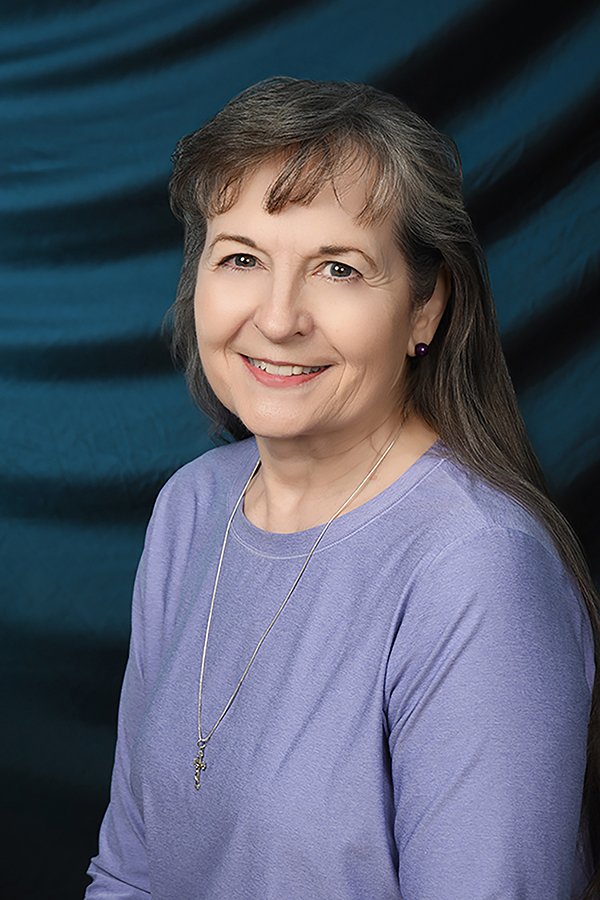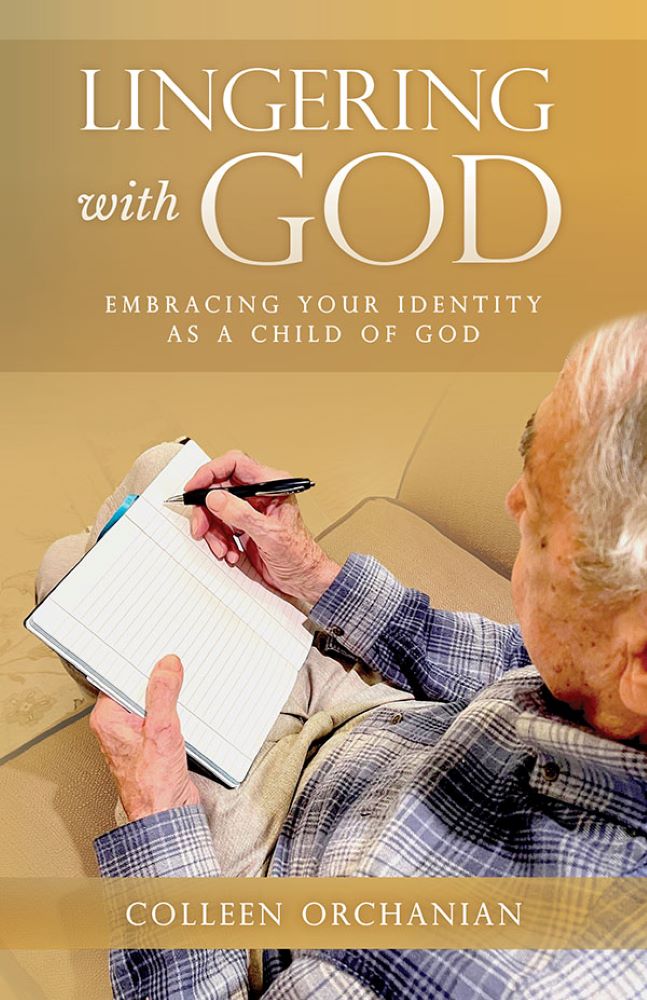I Am Zacchaeus
There is a passage in scripture about Zacchaeus, a wealthy, very short man, and a tax collector. He is not admired by the Jewish people of his time. Jesus comes to his town and Zacchaeus climbs a tree to see him. Jesus seeks him out and tells Zacchaeus that He will be staying at his house that day. Then, of course, the Jewish leaders begin complaining that Jesus is eating with sinners and tax collectors.
As I meditated on this scripture, I thought about how Zacchaeus was rejected because of his past: the mistakes he had made, the sins he had committed, his treatment of the people whose taxes he collected.
Then I thought about my own life. My own mistakes. My own sins. The times I treated people in a way that was not charitable. I was Zacchaeus. And I was Mary Magdalene. And I was Saul before his name was changed to Paul. I spent decades wandering in the desert ignoring God’s presence, focused on the world and my own wants and needs.
If today I were to meet some of my old friends from those days, they would be surprised at my faith. Maybe some would be skeptical because they knew me when…
In a recent retreat for teens, I shared with them that I had been away from church for 20 years. And after the retreat, I wondered if I should have shared that. I didn’t worry about what they would think, but what about their parents. Would they decide that I wasn’t good enough to speak to their kids? Would they lose confidence in me? What would they think about me if they knew who I was during that time away? I wondered if I should just keep quiet about the mistakes I’ve made. Maybe that would be a better witness.
After some thought, I rejected that idea. Paul didn’t hide the facts of his past. He used them as part of his witness. Mary Magdalene did not hide who she was before Jesus healed her. She used it as part of her witness. Zacchaeus did not hide who he had been. He repented, repaid those he had stolen from, and followed Jesus.
My past – all the sins, weaknesses, mistakes – all of that does not lessen my witness. Just the opposite. Although it may make me less in the eyes of some, it should make God greater in their eyes, because He sought me and found me and brought me back and had mercy on me.
Sometimes when a person has a conversion, especially when they had lived an immoral life before that conversion, they want to be perfect. They don’t want others to think they mess up or are tempted. They want to leave their old life in the past and never let it be known. They want only to be the new person, the transformed person. But maybe that’s not what God wants.
We don’t need to talk about our past like we are on an episode of Dr. Phil, telling everybody all the sordid details. But there are times when we should share where we have come from because it gives great glory to God. How? What does our past say about God? I will share three ways.
- He seeks after the lost sheep. Jesus looked for Zaccheaus. The father of the prodigal son watched for his return. God lets us wander away. It’s not what he wants, but we have free will. God waits until we are ready and then calls us back. He never gives up on us. We are the lost coin, the lost sheep, the lost son or daughter. God created us and He loves us. That’s why he seeks us when we are lost. And he seeks all of those other people who we have given up on. All of those people we think are not worth saving. All of those we think don’t deserve his mercy. He seeks Zacchaeus, and Mary Magdalene, the demoniac and the prodigal son or daughter. Nobody is hopelessly lost.
- It demonstrates his mercy. If you spent some time away from God, you probably broke a bunch of commandments. I know I did. When someone knows where I’ve been and sees where I am today, they cannot help but recognize God’s mercy in my life. He has forgiven me and I know it. And I am filled with gratitude and joy. What an amazing God who died for me even when I was still in my sin. God wants to show us mercy. And he wants us to show mercy to others. That’s what he said in the Our Father – the perfect prayer: Forgive us our trespasses as we forgive those who trespass against us. Maybe someone in your life needs the hope of God’s mercy. Maybe sharing your past will give them hope that they, too, can be forgiven by God. They can come to believe that He removes our sins from us as far as the east is from the west.
- Through our own transformation. Someone once told me that she chose me as her spiritual director because she knew I had a lot of the bad habits that she had and maybe I could help her overcome them. At first I thought she was saying I still had them, but she was actually telling me she didn’t see those in me any more and wanted to know how to change. So my transformation, my softening, gave glory to God. If He could do that with me, He can do it with anyone. That is the power of God. The power to transform someone so much that others can see it. Our transformation gives others hope for their own. It encourages those who are struggling.
One of the biggest obstacle to acknowledging our past is our own pride. We worry about what others will think of us. We worry that it might lessen our moral authority. If I tell my child not to smoke but they know I used to when I was younger, does it lessen the truth of my caution to them? No. As a parent, I don’t want my son to make the same mistakes I made. So it might be good to be honest about those mistakes. Again – not with all the sordid details and only when the time is appropriate – but being honest about the fact that you are not perfect. That’s when you get to tell them how God has transformed your life. You can talk about the person you were before and the person you are now. If they knew you before and now, they will have seen the transformation. Give glory to God as you share what he’s done to bring you back into his blessed Presence.
So I encourage you to let go of your fear about what others will think if they know about your past. If they reject you, it is their loss. They can’t see beyond the mistakes to the greatness of God’s mercy and love and power. They are the Pharisees and scholars of the Bible who criticized Jesus for eating with sinners and tax collectors, who couldn’t see God who was sitting right in front of them. In their arrogance, they missed God, Messiah, in their presence.
I encourage you to take this into prayer – this idea of identifying with Zaccheaus or Mary Magdalene or the Apostle Paul. Can you identify with them? Can you identify with the Pharisees who rejected the sinners and tax collectors? I think I can identify with both at times.
As you ponder these in prayer, here are two questions to consider:
- What, if anything, keeps you from sharing details of your past? Is there a fear that you need to overcome?
- Do you relate more with the Pharisees or with Zaccheaus? Have you allowed God to transform you? Do you tend to reject those who haven’t yet had a conversion?

